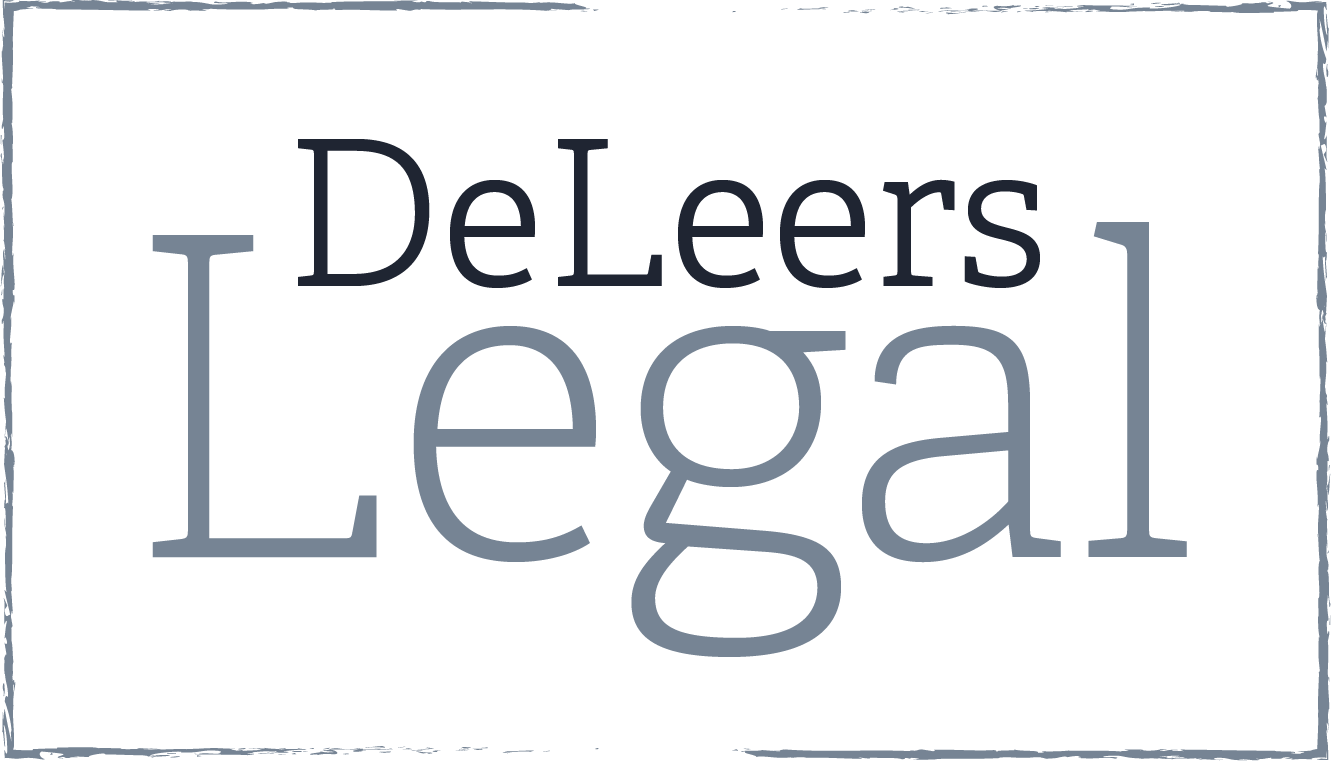Is it Time to Review Your Estate Plan?
You should always think of your estate plan as a living document and make changes whenever necessary. But how will you know when it’s time to make changes?
Let’s talk about some of the biggest life and legal changes that should make reviewing your estate plan necessary.
Legal Tax Planning Changes
One of the purposes of establishing an estate plan is to properly protect your beneficiaries from paying a large amount of estate tax.
The current estate tax threshold is $12,060,000, but there are talks on the federal level to adjust that level to a lower amount. This potential legislation before Congress also includes various other tax implications that could affect your estate plan. While negotiations are ongoing and nothing has been signed into law yet, it is an important piece of legislation to keep an eye on.
Most estate planning attorneys will be monitoring potential legislation and some will even alert you when massive changes that could potentially affect your existing plan are signed into law.
When the laws surrounding taxes and deductions change, schedule a meeting with your attorney to have them review your existing plan and make any necessary adjustments.
Life Changes Involving You
Did you recently get married, divorced, or lose a spouse? Time to make an appointment with your estate planning attorney!
If you just got married, make sure that your new spouse is included in your estate plan the way you want him or her to be. While no state allows you to completely legally disinherit a spouse, not every state will automatically turn your entire estate over to your spouse.
If you have recently gotten divorced or lost your spouse, you’ll probably want to review your plan to be sure that your designations are still listed as you want them to be.
Have you added to your family recently? The birth or adoption of a child is the perfect time to review your estate plan!
Not only is it important to be sure that your financial plans are in order for your child, but it’s also critical that you name the guardian(s) you want to take care of your minor children in the event that you become unable to. This will ensure that your children are raised the way you intended. It will also eliminate any confusion surrounding who the child should live with if you’re no longer around.
Life Changes Involving Your Beneficiaries
If one of your beneficiaries gets married or divorced, take this opportunity to double-check that all of your beneficiaries are listed in the way that you want them to be.
Other important life changes include sickness, a falling out, or incapacity on behalf of your beneficiary. Whatever the reason is, if you feel as though your beneficiaries should no longer be responsible for a part of your estate or if they should be responsible in a larger capacity, you should update your plan.
Do you have a child who recently turned 18? They should now be listed differently than they were when they were a minor. Consider whether your inheriting any part of your estate will affect them financially and build the proper protections into your estate plan for them.
It’s likely that your financial assets were placed into a trust for your minor child. Just as selecting guardians to have physical custody of your child is extremely important, selecting and updating the trustees of your trust is also important.
If your child is still a minor, review your trustees to be sure that they still align with your wishes. If they do not, change them. When your child turns 18, consider whether the currently established trust is still necessary or applicable and make changes accordingly.
--
Keep in mind that these are just some of the major life and legal events that could affect your estate plan. You should still review your estate plan periodically and get in touch with your attorney when you have questions or want to make changes.
There is no set timeline in place for updating or changing your estate plan. You can do it whenever you want to. Just contact your attorney to get the process started.
If you want to review your current estate plan, or start the conversation of establishing a brand new one, reach out to our skilled, experienced, and caring office to schedule a free consultation.

